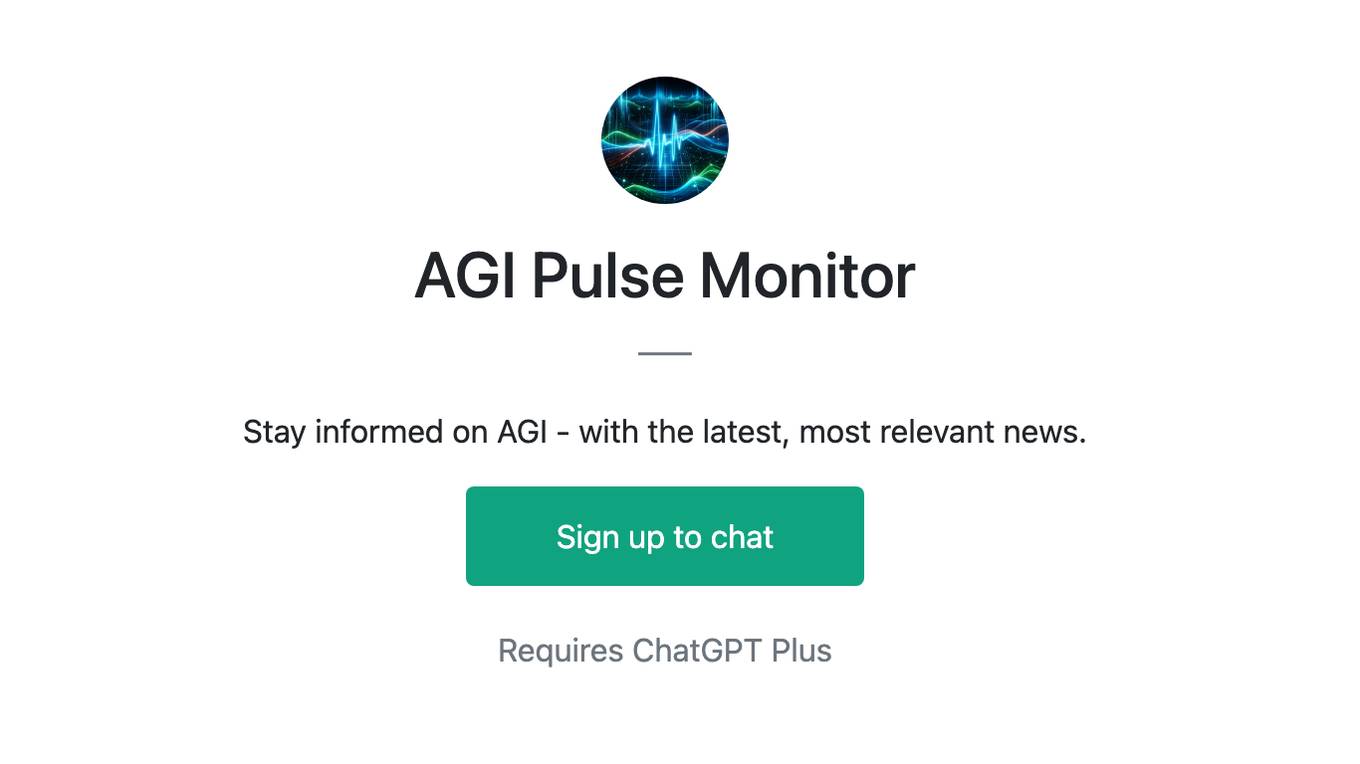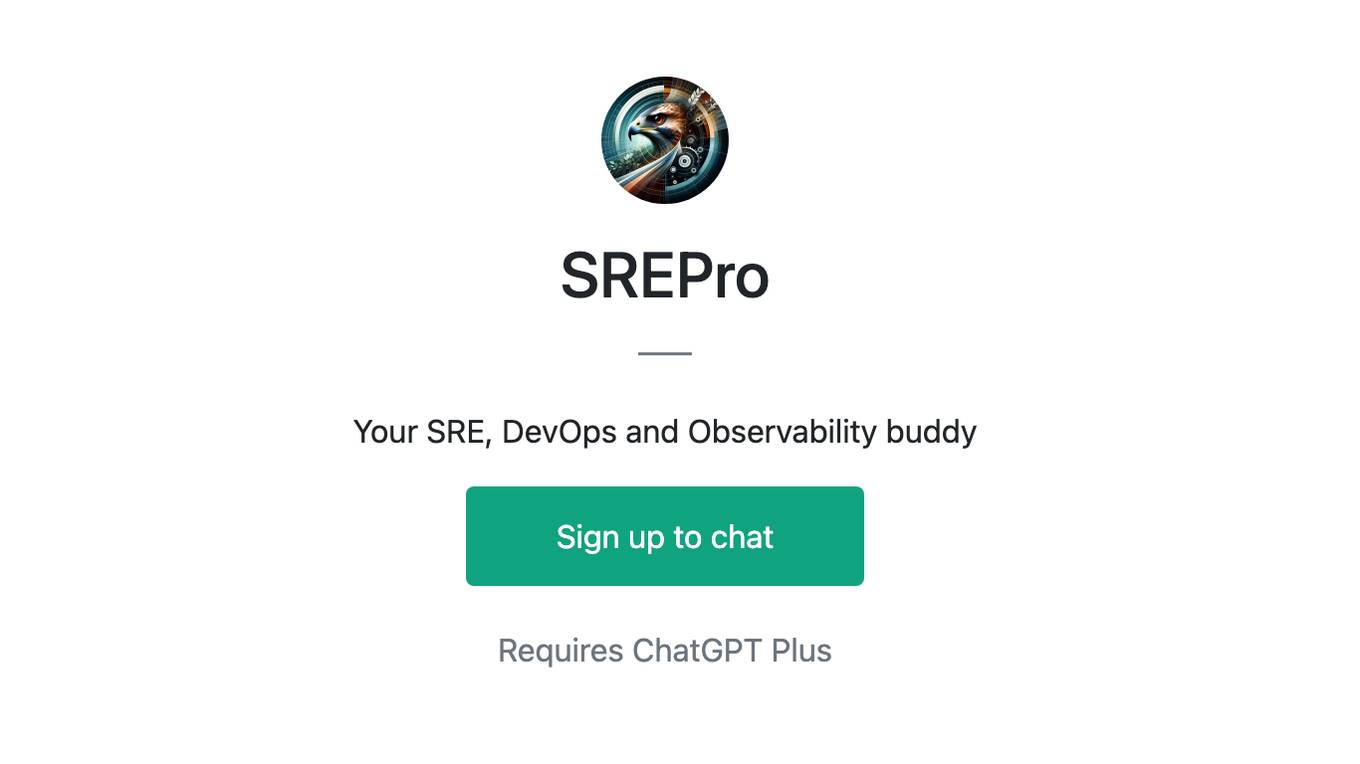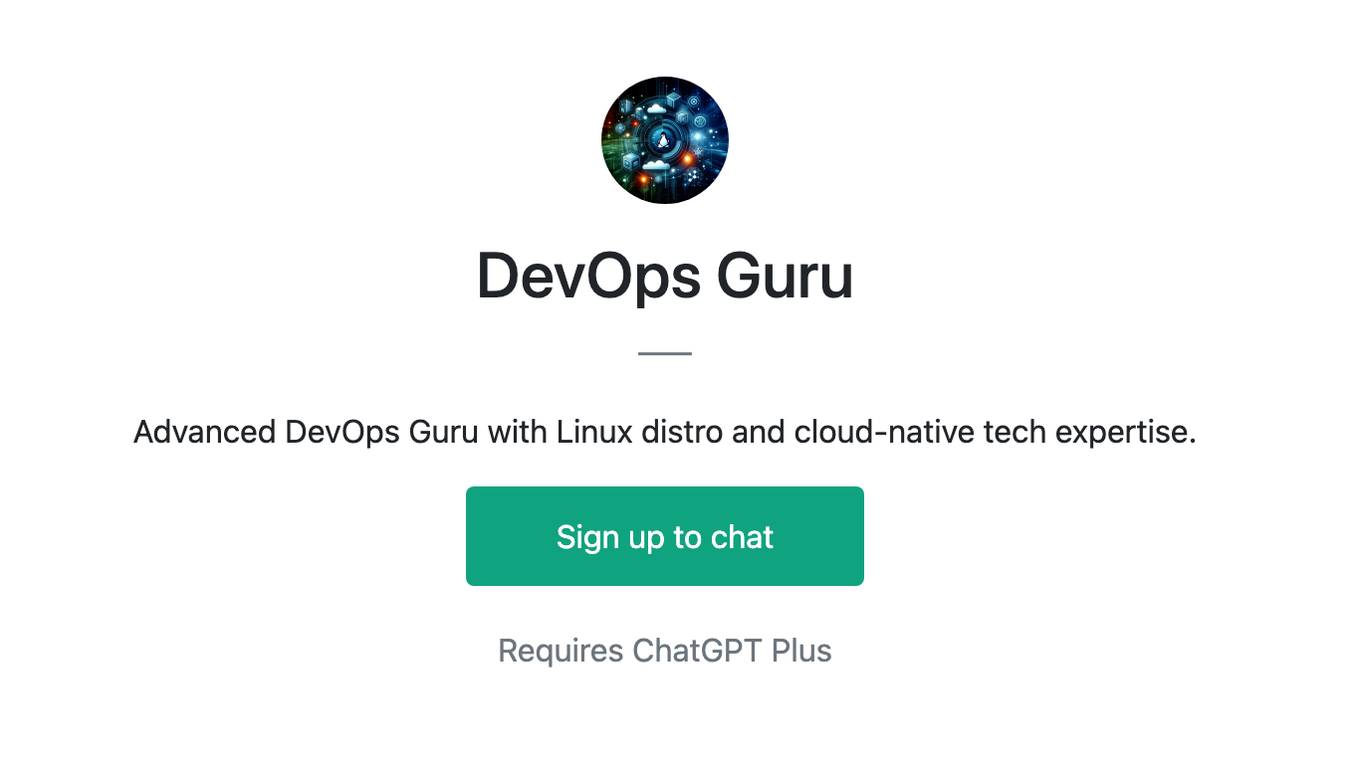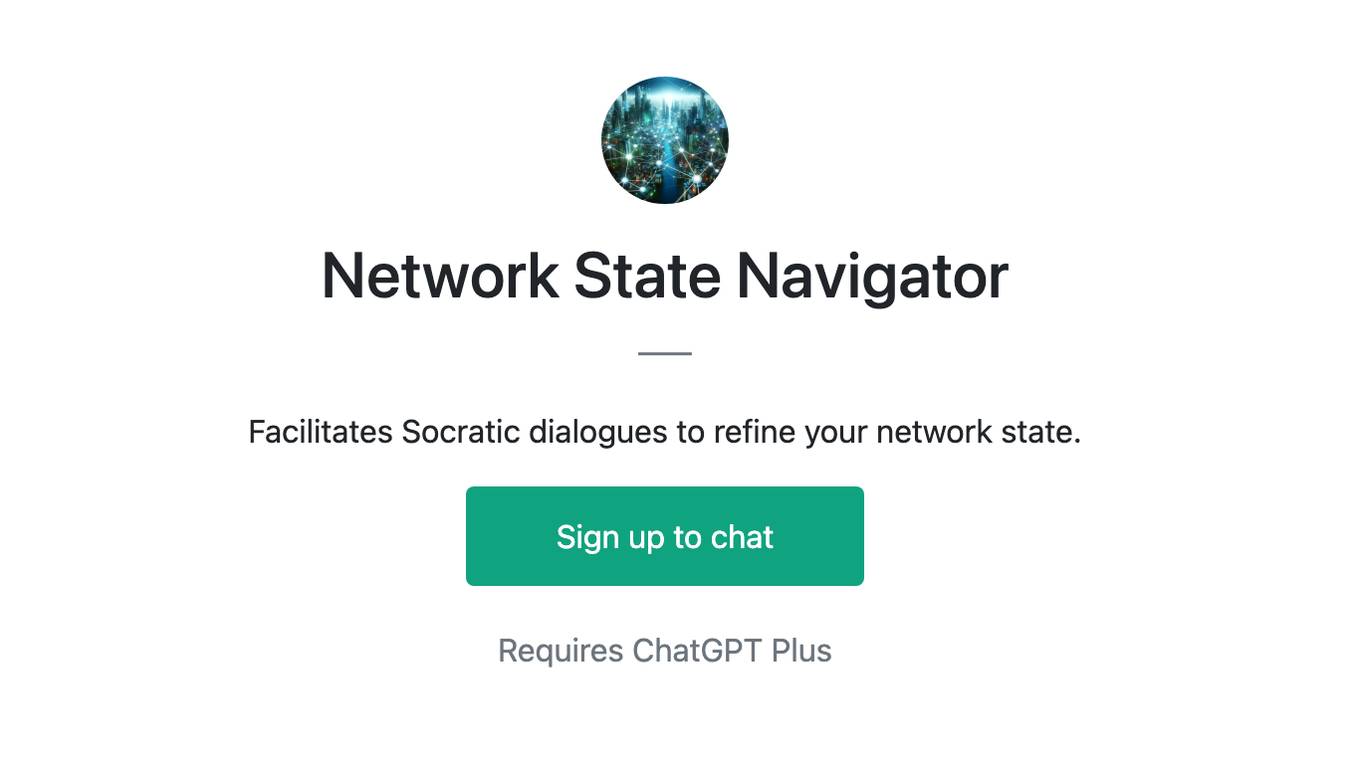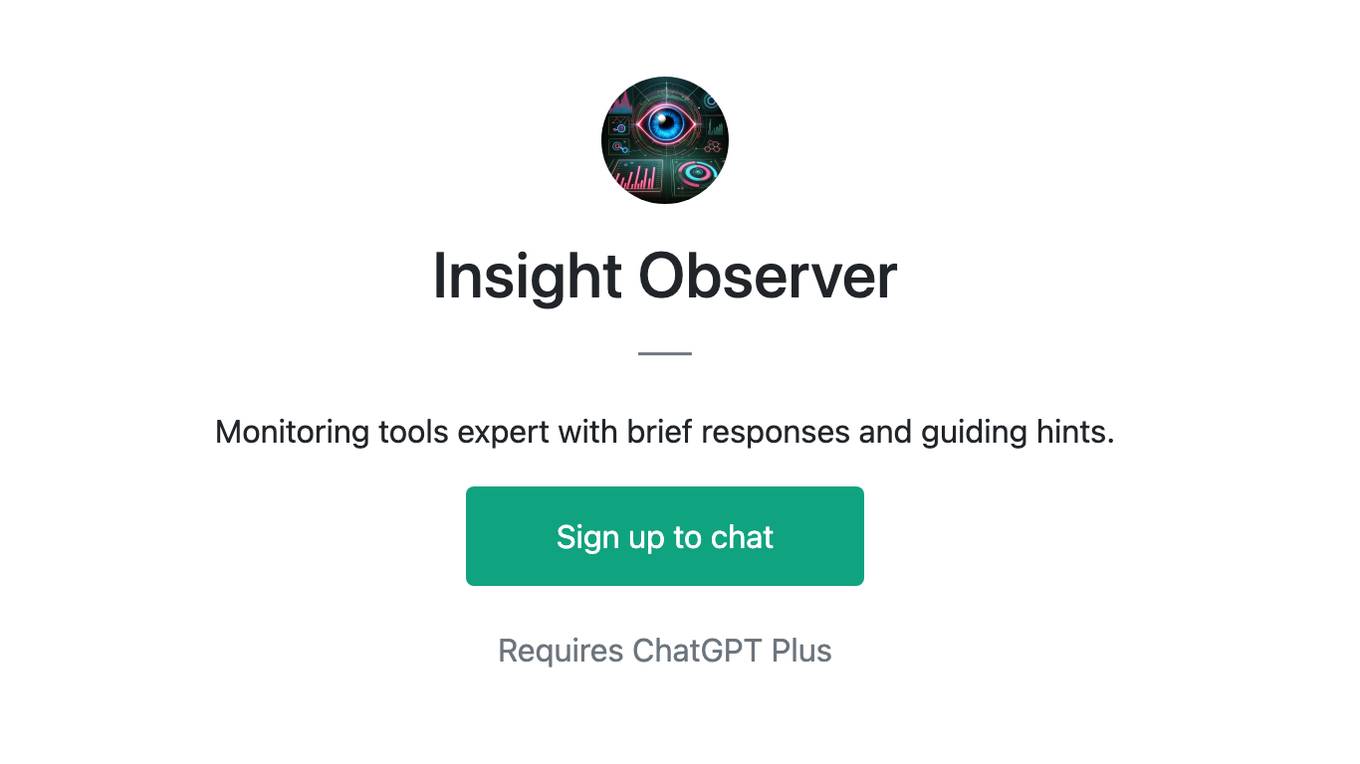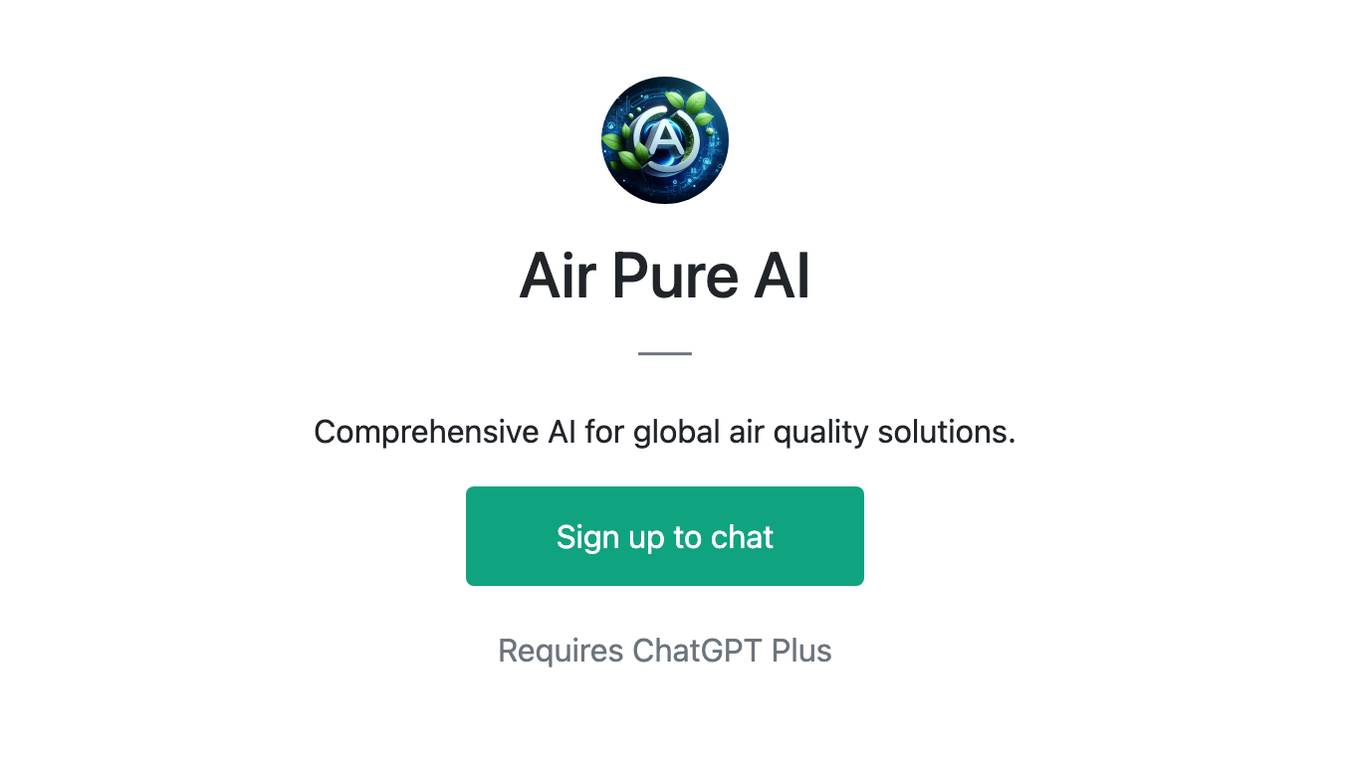Best AI tools for< Monitor Gpu Performance >
20 - AI tool Sites

Modal
Modal is a high-performance cloud platform designed for developers, AI data, and ML teams. It offers a serverless environment for running generative AI models, large-scale batch jobs, job queues, and more. With Modal, users can bring their own code and leverage the platform's optimized container file system for fast cold boots and seamless autoscaling. The platform is engineered for large-scale workloads, allowing users to scale to hundreds of GPUs, pay only for what they use, and deploy functions to the cloud in seconds without the need for YAML or Dockerfiles. Modal also provides features for job scheduling, web endpoints, observability, and security compliance.
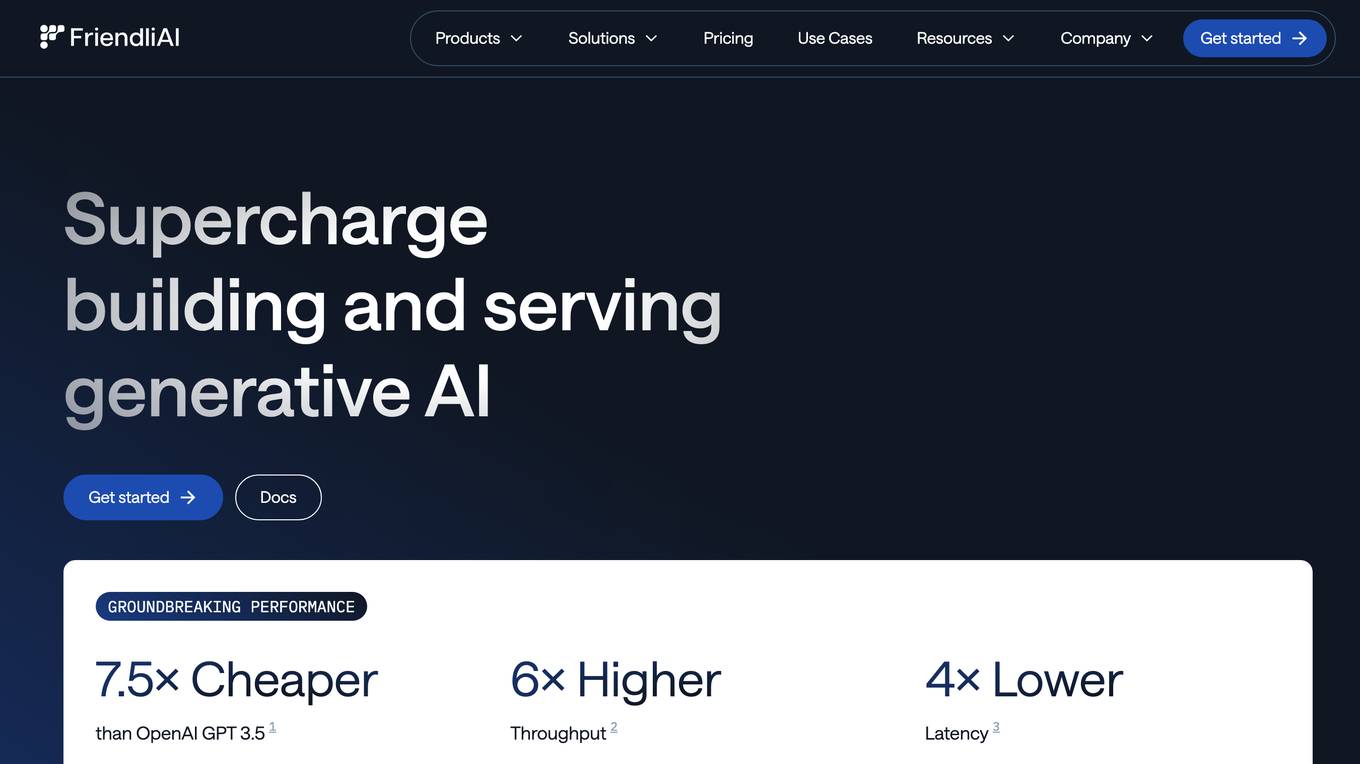
FriendliAI
FriendliAI is a generative AI infrastructure company that offers efficient, fast, and reliable generative AI inference solutions for production. Their cutting-edge technologies enable groundbreaking performance improvements, cost savings, and lower latency. FriendliAI provides a platform for building and serving compound AI systems, deploying custom models effortlessly, and monitoring and debugging model performance. The application guarantees consistent results regardless of the model used and offers seamless data integration for real-time knowledge enhancement. With a focus on security, scalability, and performance optimization, FriendliAI empowers businesses to scale with ease.

Mystic.ai
Mystic.ai is an AI tool designed to deploy and scale Machine Learning models with ease. It offers a fully managed Kubernetes platform that runs in your own cloud, allowing users to deploy ML models in their own Azure/AWS/GCP account or in a shared GPU cluster. Mystic.ai provides cost optimizations, fast inference, simpler developer experience, and performance optimizations to ensure high-performance AI model serving. With features like pay-as-you-go API, cloud integration with AWS/Azure/GCP, and a beautiful dashboard, Mystic.ai simplifies the deployment and management of ML models for data scientists and AI engineers.

Cerebium
Cerebium is a serverless AI infrastructure platform that allows teams to build, test, and deploy AI applications quickly and efficiently. With a focus on speed, performance, and cost optimization, Cerebium offers a range of features and tools to simplify the development and deployment of AI projects. The platform ensures high reliability, security, and compliance while providing real-time logging, cost tracking, and observability tools. Cerebium also offers GPU variety and effortless autoscaling to meet the diverse needs of developers and businesses.
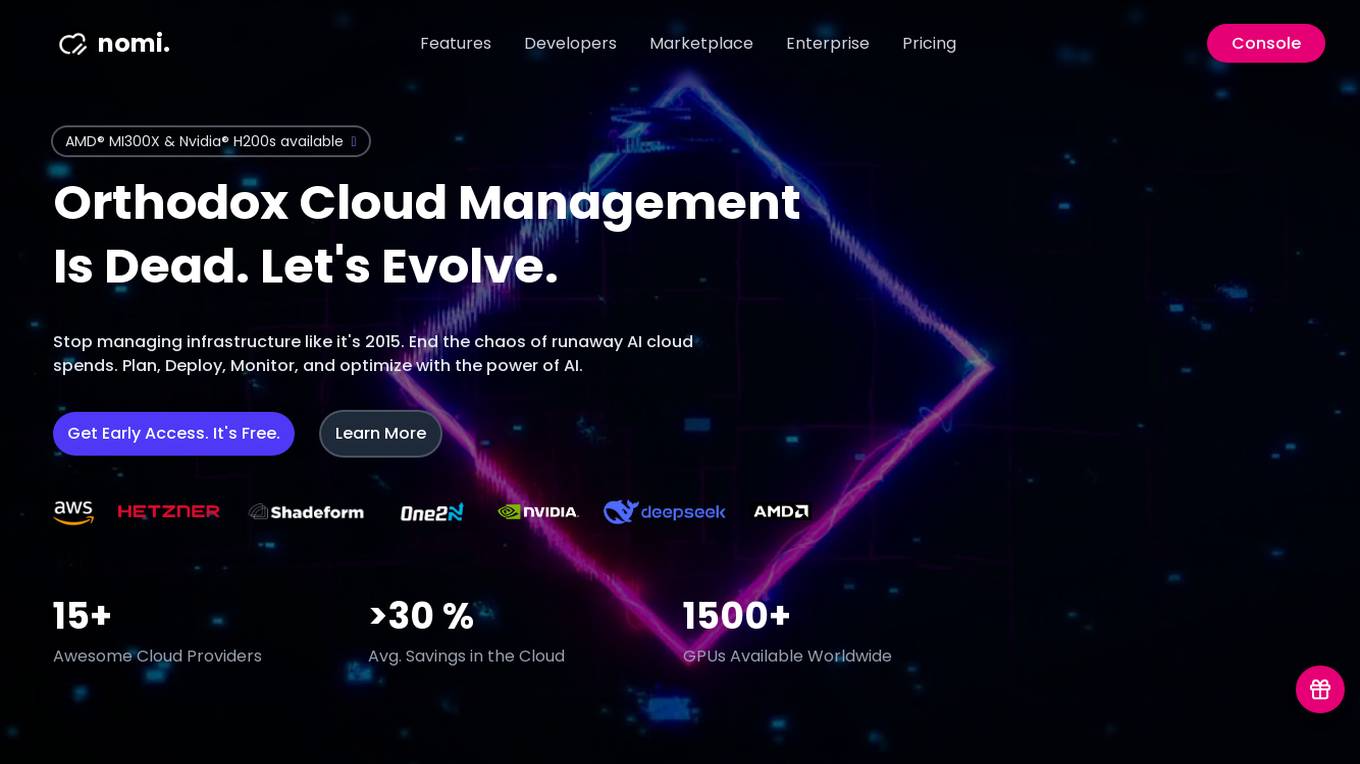
Nomi.cloud
Nomi.cloud is a modern AI-powered CloudOps and HPC assistant designed for next-gen businesses. It offers developers, marketplace, enterprise solutions, and pricing console. With features like single pane of glass view, instant deployment, continuous monitoring, AI-powered insights, and budgets & alerts built-in, Nomi.cloud aims to revolutionize cloud management. It provides a user-friendly interface to manage infrastructure efficiently, optimize costs, and deploy resources across multiple regions with ease. Nomi.cloud is built for scale, trusted by enterprises, and offers a range of GPUs and cloud providers to suit various needs.

LLMMM Marketing Monitor
LLMMM is an AI tool designed to monitor how AI models perceive and present brands. It offers real-time monitoring and cross-model insights to help brands understand their digital presence across various leading AI platforms. With automated analysis and lightning-fast results, LLMMM provides immediate visibility into how AI chatbots interpret brands. The tool focuses on brand intelligence, brand safety monitoring, misalignment detection, and cross-model brand intelligence. Users can create an account in minutes and access a range of features to track and analyze their brand's performance in the AI landscape.
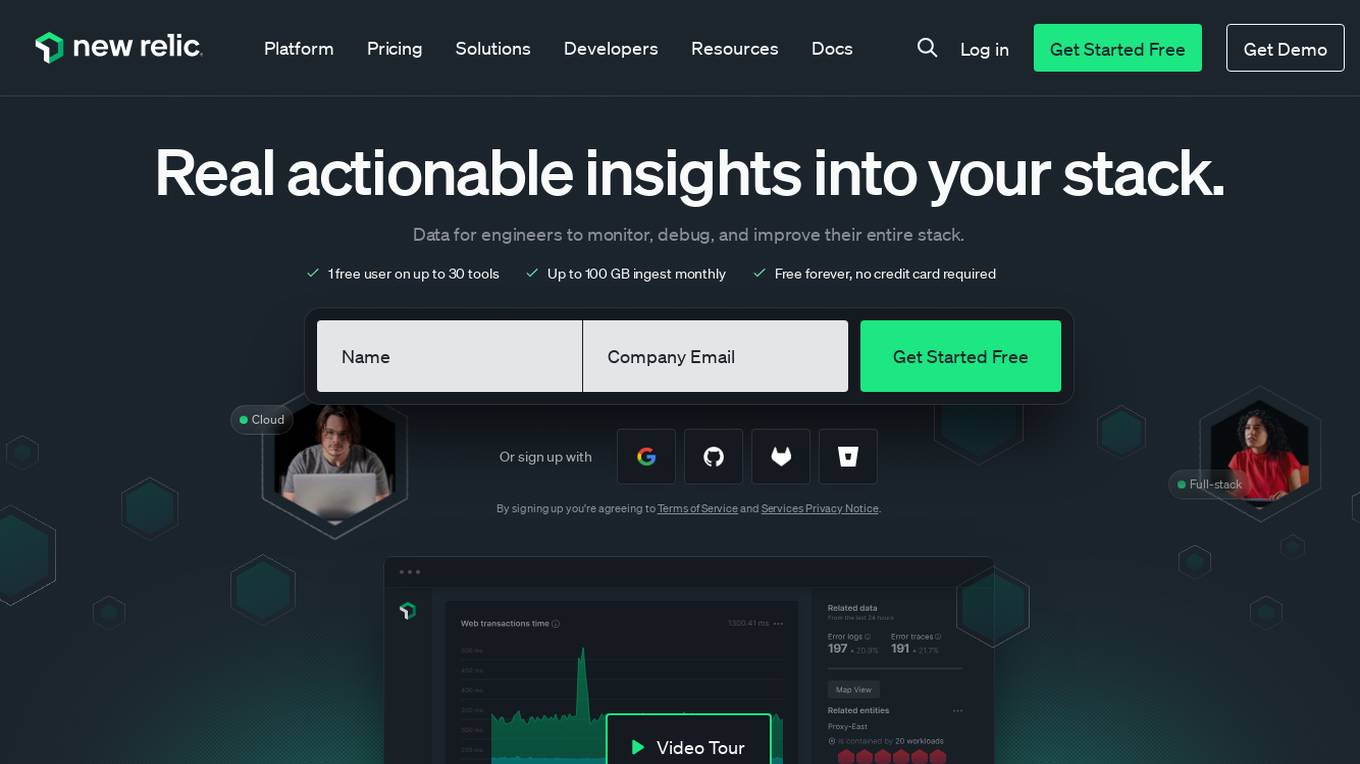
New Relic
New Relic is an AI monitoring platform that offers an all-in-one observability solution for monitoring, debugging, and improving the entire technology stack. With over 30 capabilities and 750+ integrations, New Relic provides the power of AI to help users gain insights and optimize performance across various aspects of their infrastructure, applications, and digital experiences.
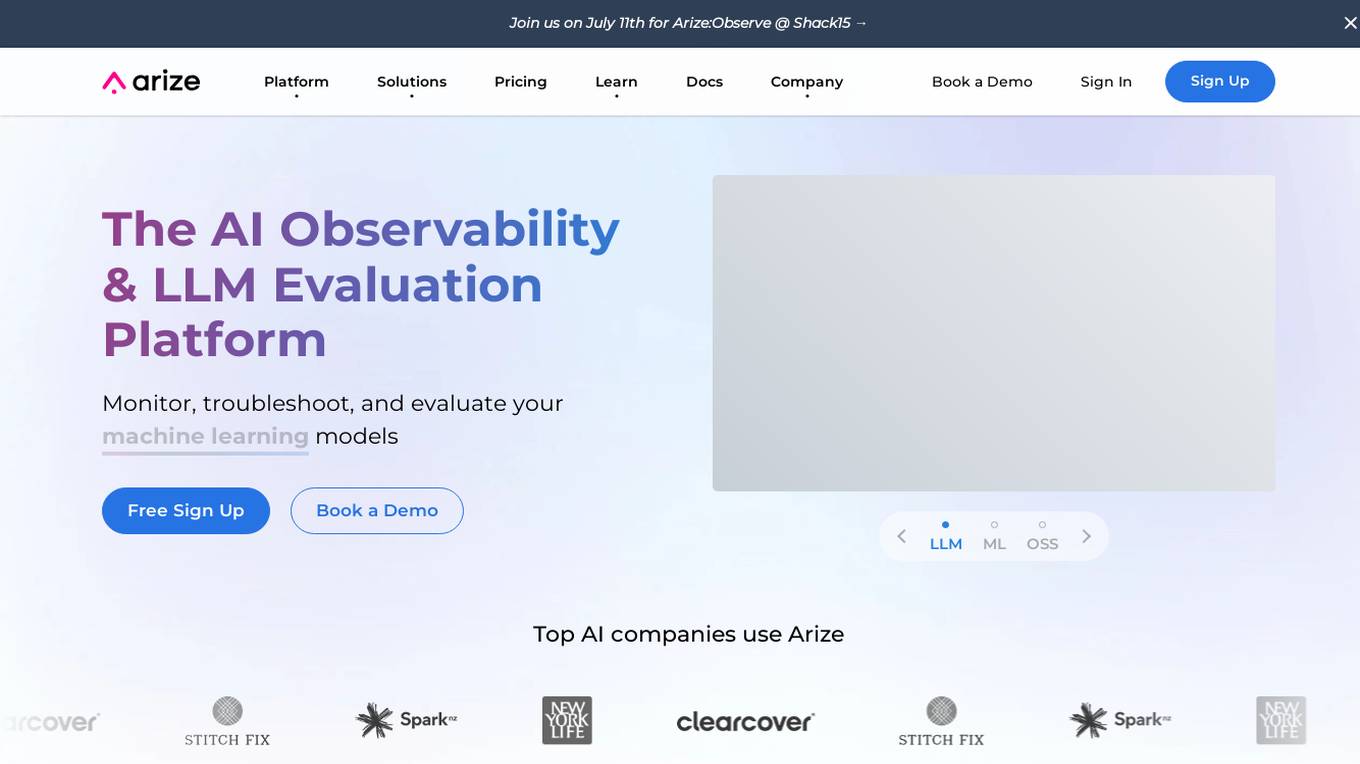
Arize AI
Arize AI is an AI Observability & LLM Evaluation Platform that helps you monitor, troubleshoot, and evaluate your machine learning models. With Arize, you can catch model issues, troubleshoot root causes, and continuously improve performance. Arize is used by top AI companies to surface, resolve, and improve their models.
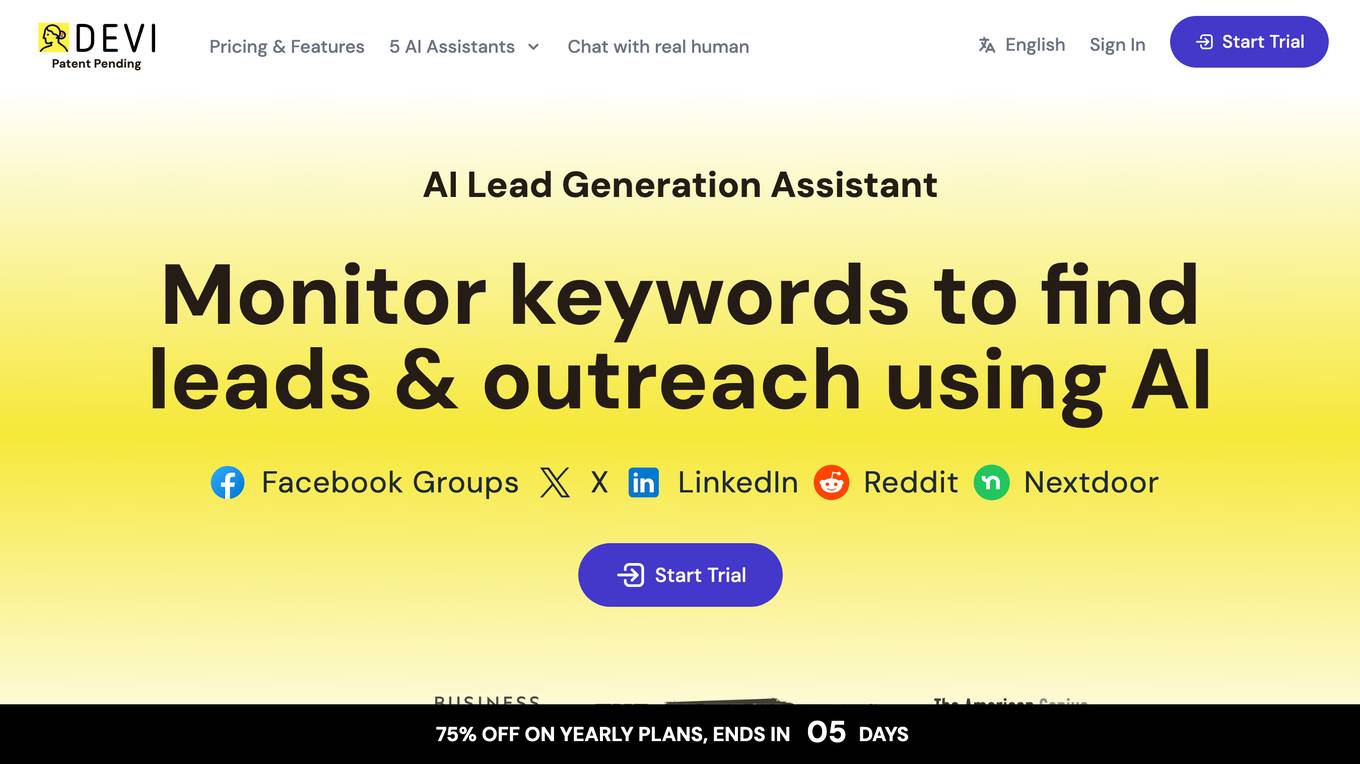
Devi
Devi is an AI-powered social media lead generation and outreach tool that helps businesses find and engage with potential customers on Facebook, LinkedIn, Twitter, Reddit, and other platforms. It uses artificial intelligence to monitor keywords and identify high-intent leads, and then provides users with tools to reach out to those leads and build relationships. Devi also offers a variety of other features, such as AI-generated content, scheduling, and analytics.

Hexowatch
Hexowatch is an AI-powered website monitoring and archiving tool that helps businesses track changes to any website, including visual, content, source code, technology, availability, or price changes. It provides detailed change reports, archives snapshots of pages, and offers side-by-side comparisons and diff reports to highlight changes. Hexowatch also allows users to access monitored data fields as a downloadable CSV file, Google Sheet, RSS feed, or sync any update via Zapier to over 2000 different applications.

Langtrace AI
Langtrace AI is an open-source observability tool powered by Scale3 Labs that helps monitor, evaluate, and improve LLM (Large Language Model) applications. It collects and analyzes traces and metrics to provide insights into the ML pipeline, ensuring security through SOC 2 Type II certification. Langtrace supports popular LLMs, frameworks, and vector databases, offering end-to-end observability and the ability to build and deploy AI applications with confidence.

KWatch.io
KWatch.io is a social listening tool that helps businesses monitor keywords on social media platforms like LinkedIn, Twitter, Reddit, and Hacker News. It uses AI to analyze the sentiment around keywords and provides real-time alerts when specific keywords are mentioned. KWatch.io can be used for a variety of purposes, including attracting customers, getting feedback, watching competitors, conducting market intelligence, and providing customer support. It offers various plans, including a free plan, an essential plan for $19/month, a business plan for $79/month, and an enterprise plan for $199/month.
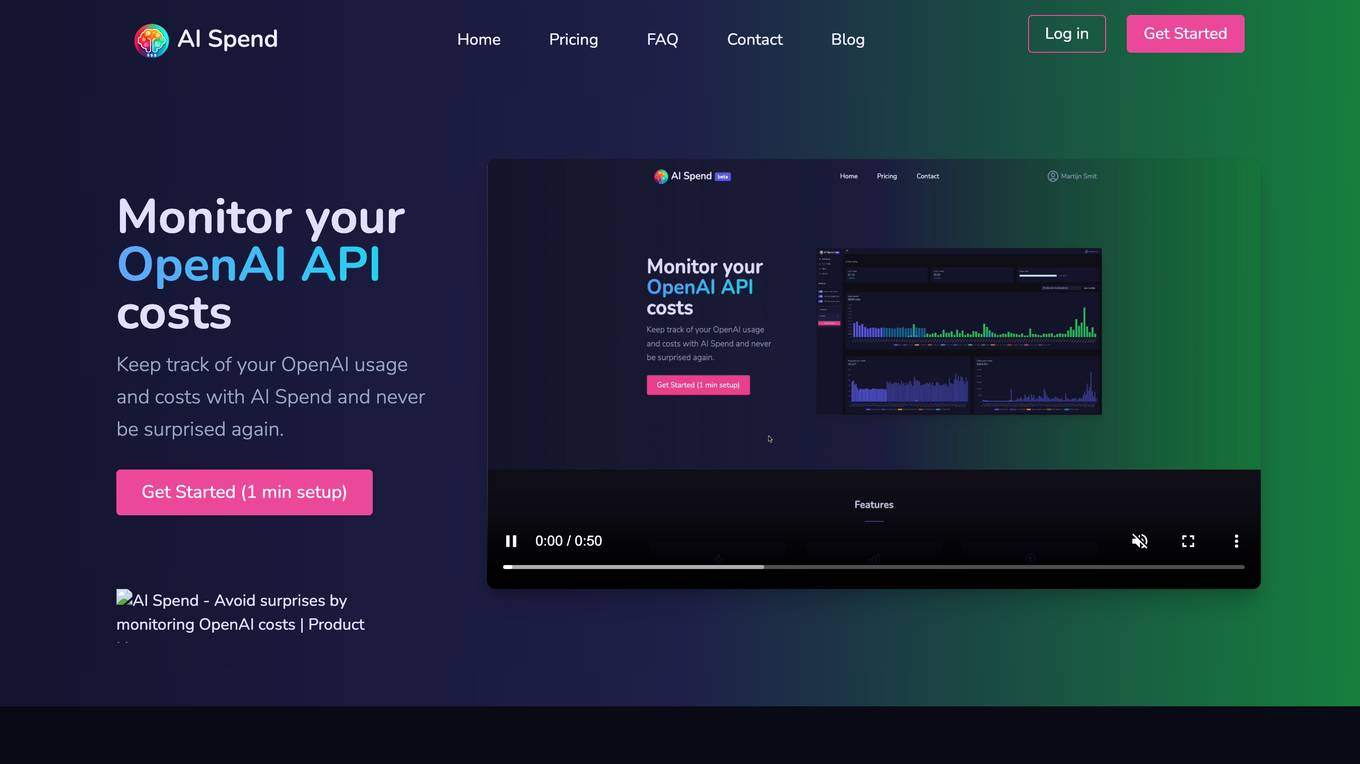
AI Spend
AI Spend is an AI application designed to help users monitor their AI costs and prevent surprises. It allows users to keep track of their OpenAI usage and costs, providing fast insights, a beautiful dashboard, cost insights, notifications, usage analytics, and details on models and tokens. The application ensures simple pricing with no additional costs and securely stores API keys. Users can easily remove their data if needed, emphasizing privacy and security.
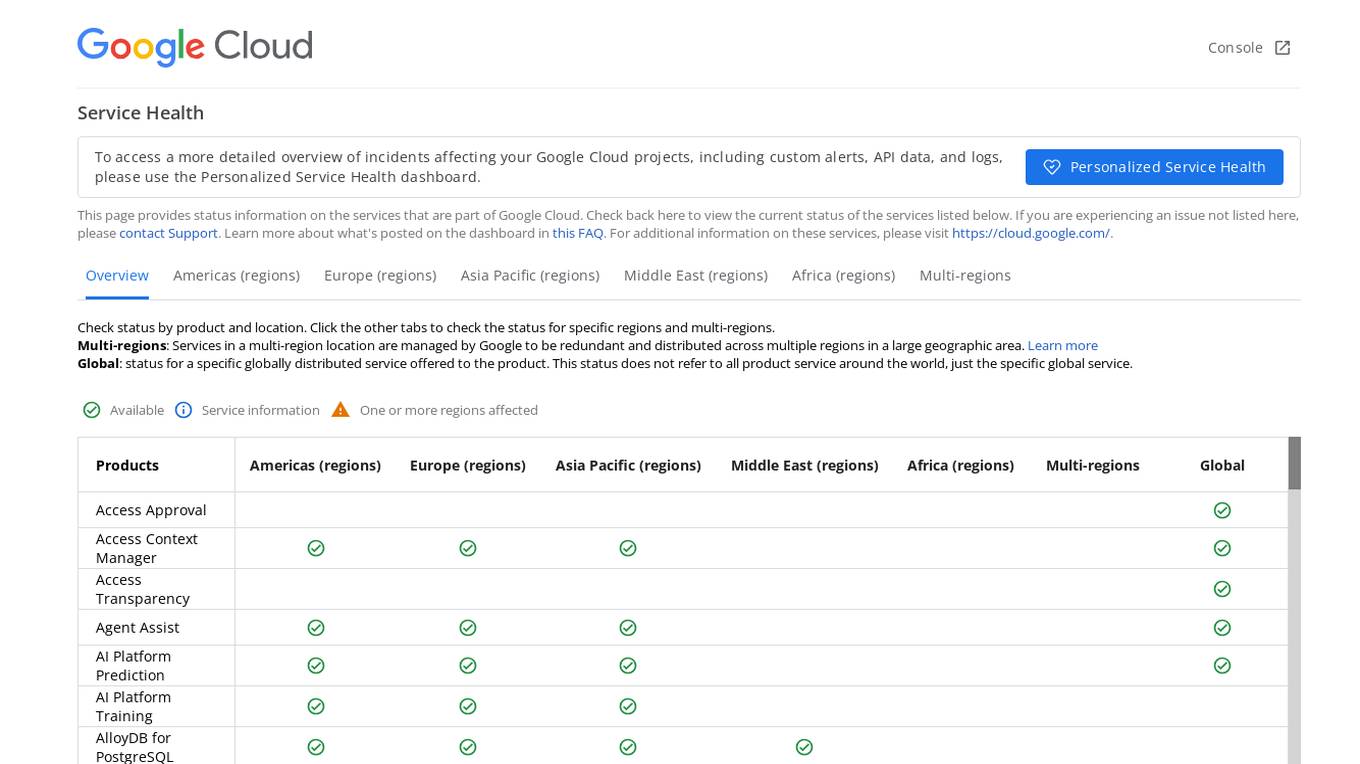
Google Cloud Service Health Console
Google Cloud Service Health Console provides status information on the services that are part of Google Cloud. It allows users to check the current status of services, view detailed overviews of incidents affecting their Google Cloud projects, and access custom alerts, API data, and logs through the Personalized Service Health dashboard. The console also offers a global view of the status of specific globally distributed services and allows users to check the status by product and location.

Pulse
Pulse is a world-class expert support tool for BigData stacks, specifically focusing on ensuring the stability and performance of Elasticsearch and OpenSearch clusters. It offers early issue detection, AI-generated insights, and expert support to optimize performance, reduce costs, and align with user needs. Pulse leverages AI for issue detection and root-cause analysis, complemented by real human expertise, making it a strategic ally in search cluster management.
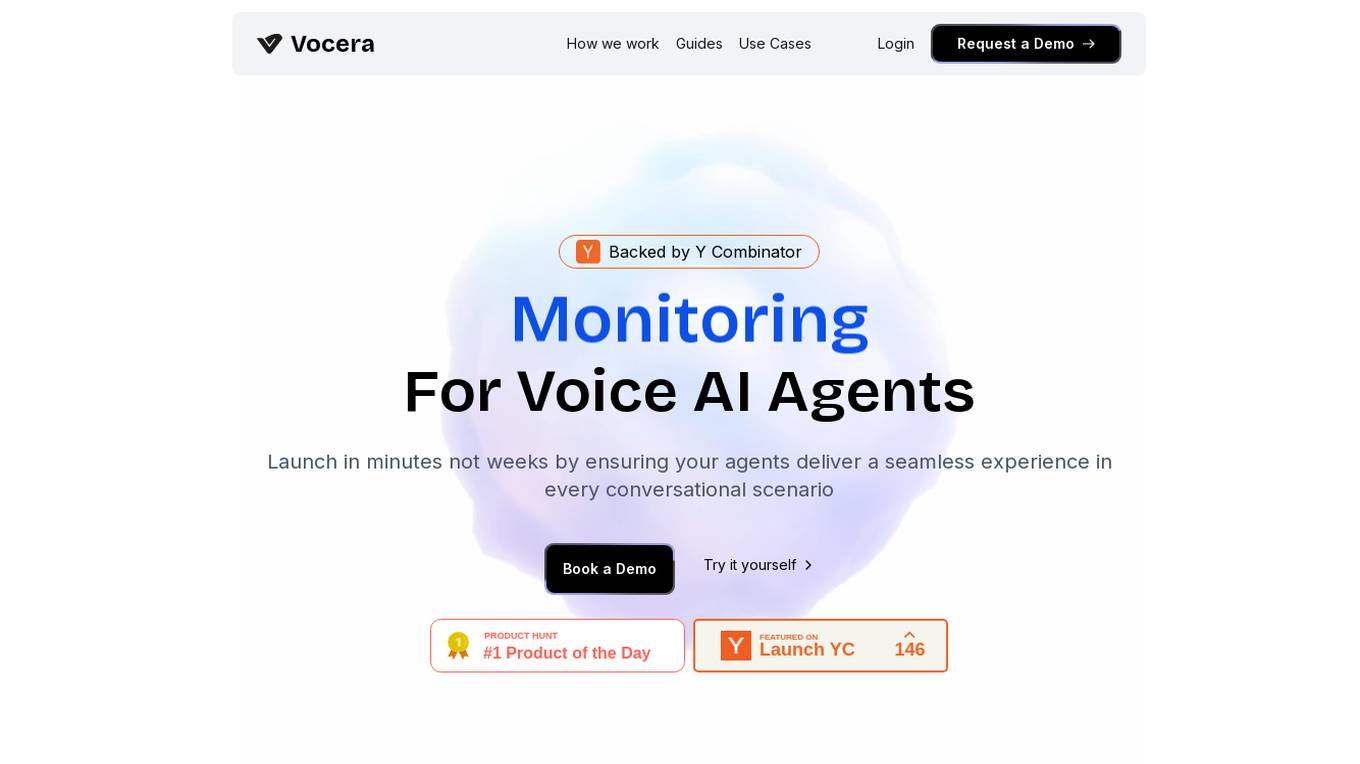
Vocera
Vocera is an AI voice agent testing tool that allows users to test and monitor voice AI agents efficiently. It enables users to launch voice agents in minutes, ensuring a seamless conversational experience. With features like testing against AI-generated datasets, simulating scenarios, and monitoring AI performance, Vocera helps in evaluating and improving voice agent interactions. The tool provides real-time insights, detailed logs, and trend analysis for optimal performance, along with instant notifications for errors and failures. Vocera is designed to work for everyone, offering an intuitive dashboard and data-driven decision-making for continuous improvement.
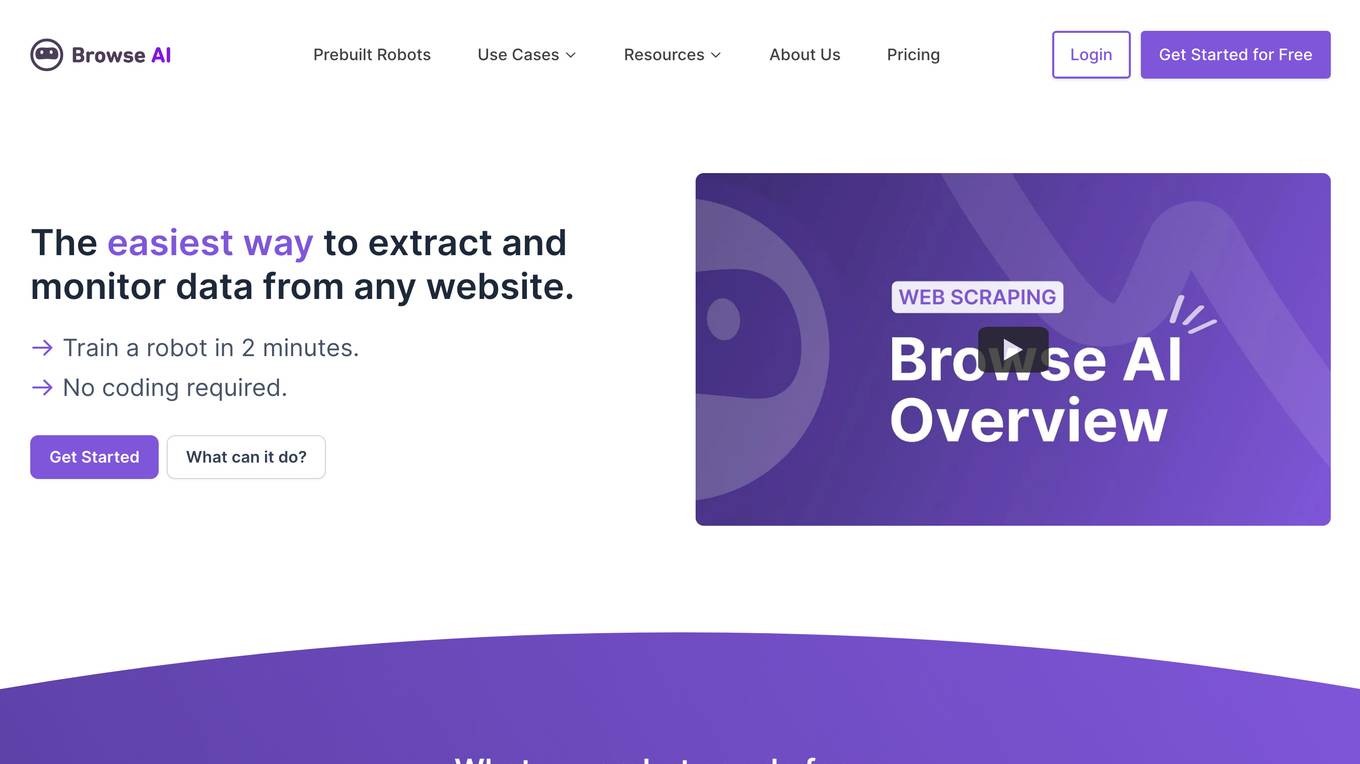
Browse AI
Browse AI is a powerful AI-powered data extraction platform that allows users to scrape and monitor data from any website without the need for coding. With Browse AI, users can easily extract data, monitor websites for changes, turn websites into APIs, and integrate data with over 7,000 apps. The platform offers prebuilt robots for various use cases like e-commerce, real estate, recruitment, and more. Browse AI is trusted by over 740,000 users worldwide for its reliability, scalability, and ease of use.
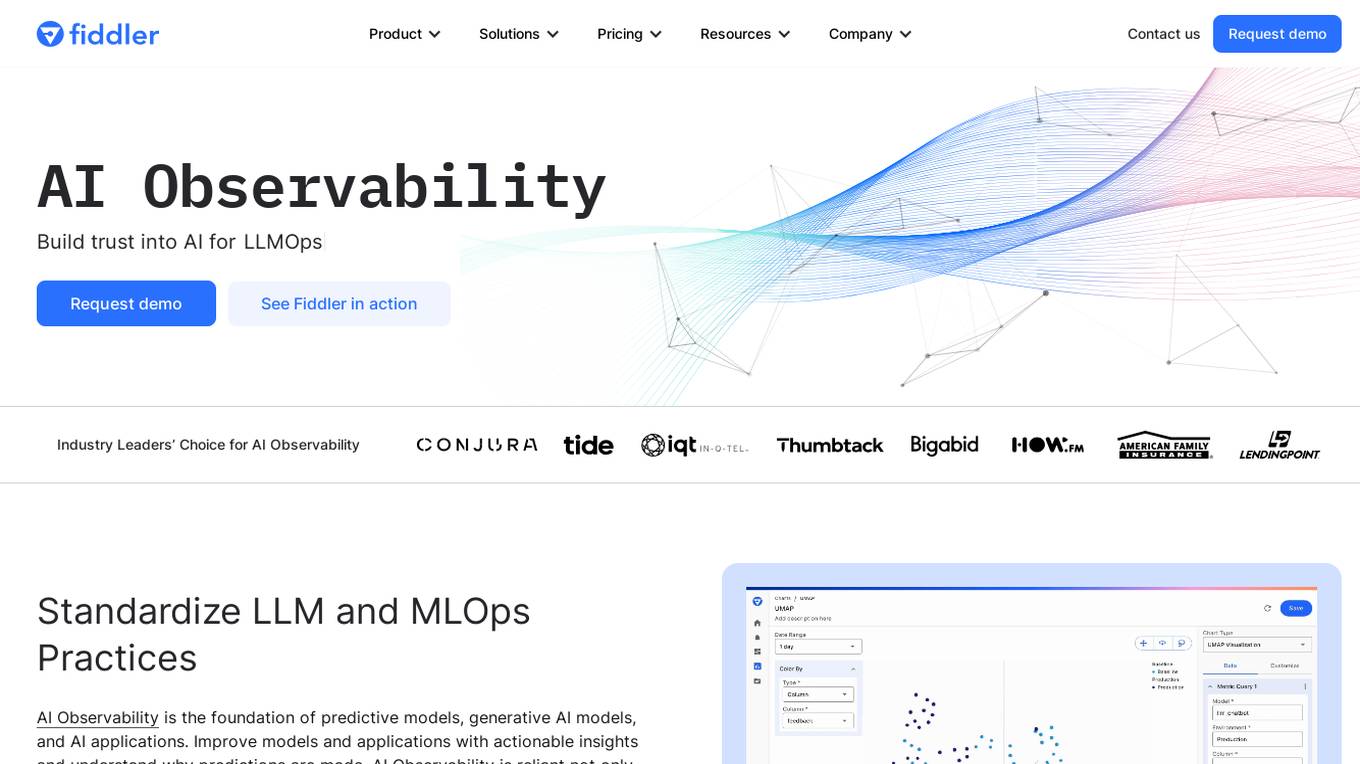
Fiddler AI
Fiddler AI is an AI Observability platform that provides tools for monitoring, explaining, and improving the performance of AI models. It offers a range of capabilities, including explainable AI, NLP and CV model monitoring, LLMOps, and security features. Fiddler AI helps businesses to build and deploy high-performing AI solutions at scale.
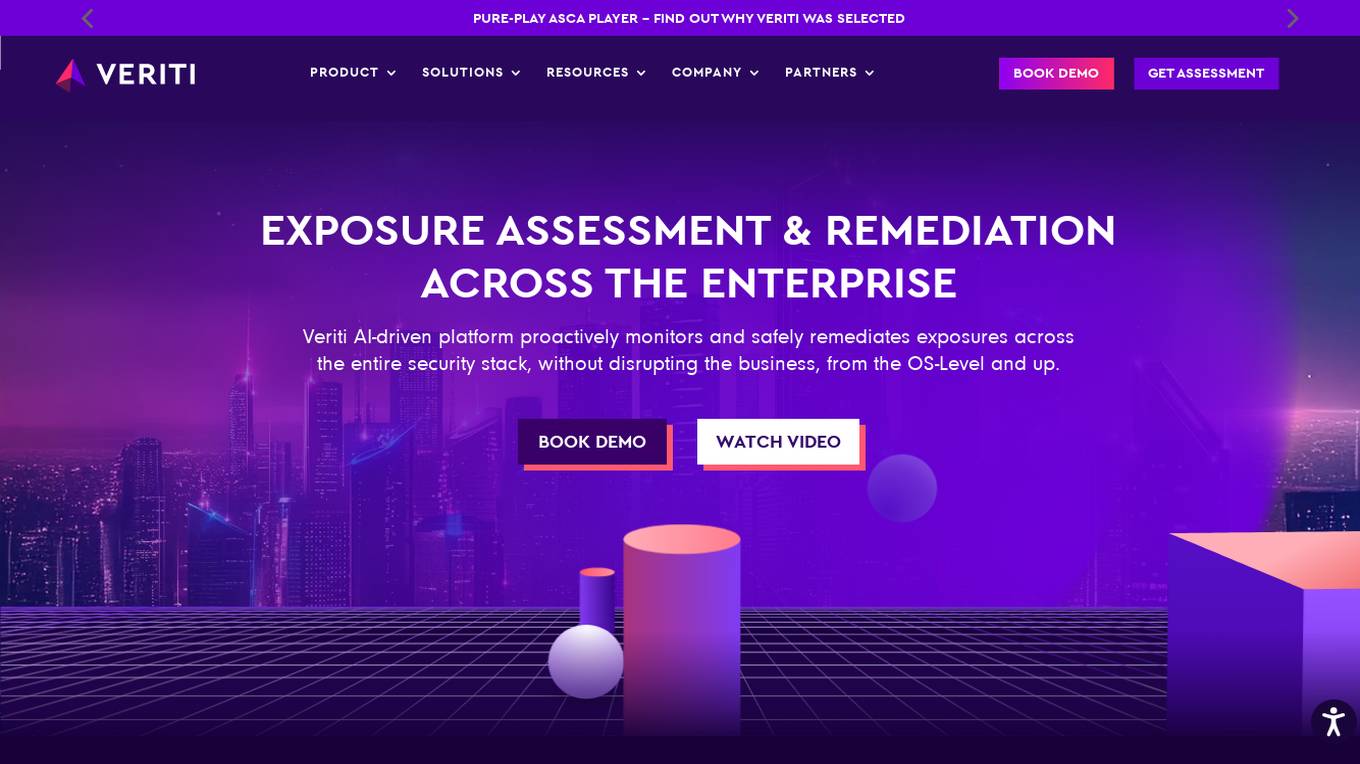
Veriti
Veriti is an AI-driven platform that proactively monitors and safely remediates exposures across the entire security stack, without disrupting the business. It helps organizations maximize their security posture while ensuring business uptime. Veriti offers solutions for safe remediation, MITRE ATT&CK®, healthcare, MSSPs, and manufacturing. The platform correlates exposures to misconfigurations, continuously assesses exposures, integrates with various security solutions, and prioritizes remediation based on business impact. Veriti is recognized for its role in exposure assessments and remediation, providing a consolidated security platform for businesses to neutralize threats before they happen.
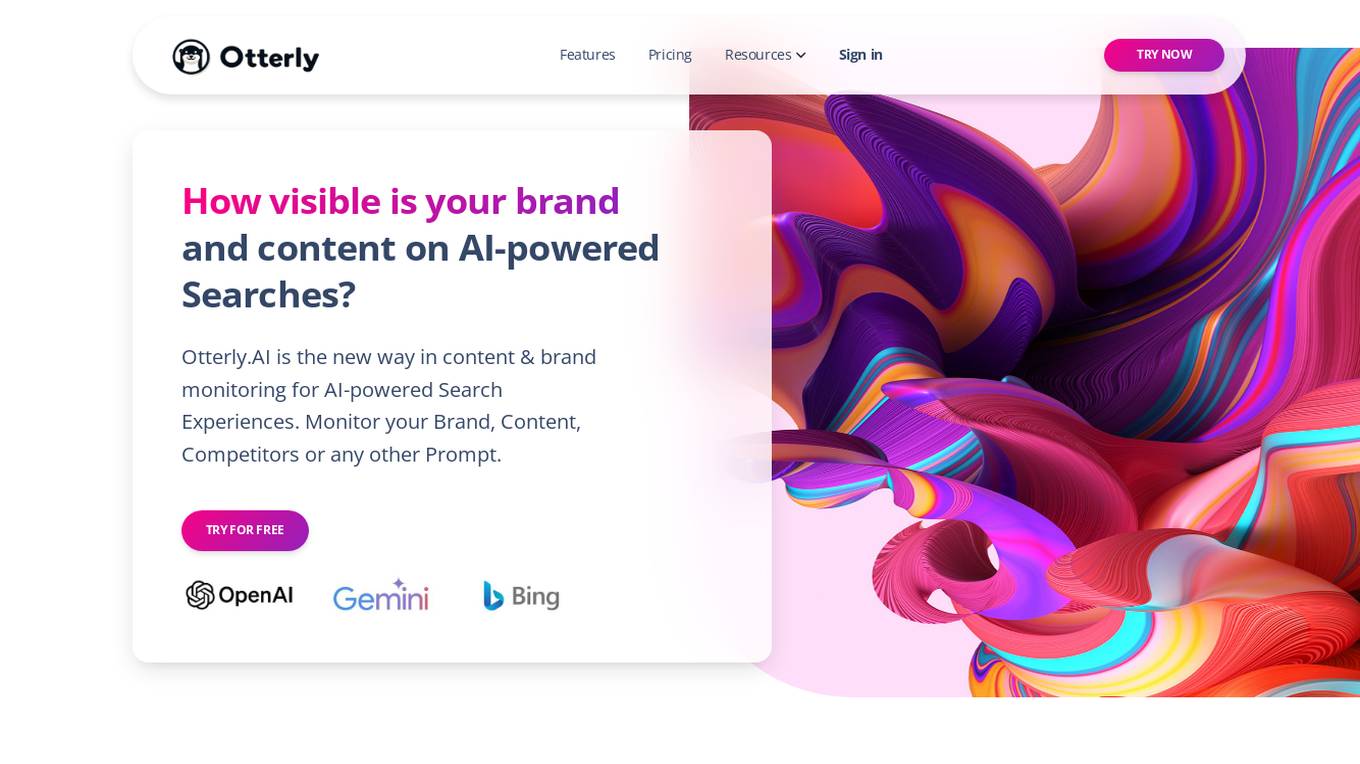
Otterly.AI
Otterly.AI is an AI application that offers AI ranking and monitoring services for ChatGPT, Bing Copilot, and Google Gemini/SGE. It helps users monitor their brand visibility, content, and competitors on AI-powered search platforms. The tool allows users to track their rankings on GPT-4, Google Gemini Pro, and Microsoft Bing Copilot, providing insights to optimize their marketing strategies for the future of AI-powered searches.
2 - Open Source AI Tools
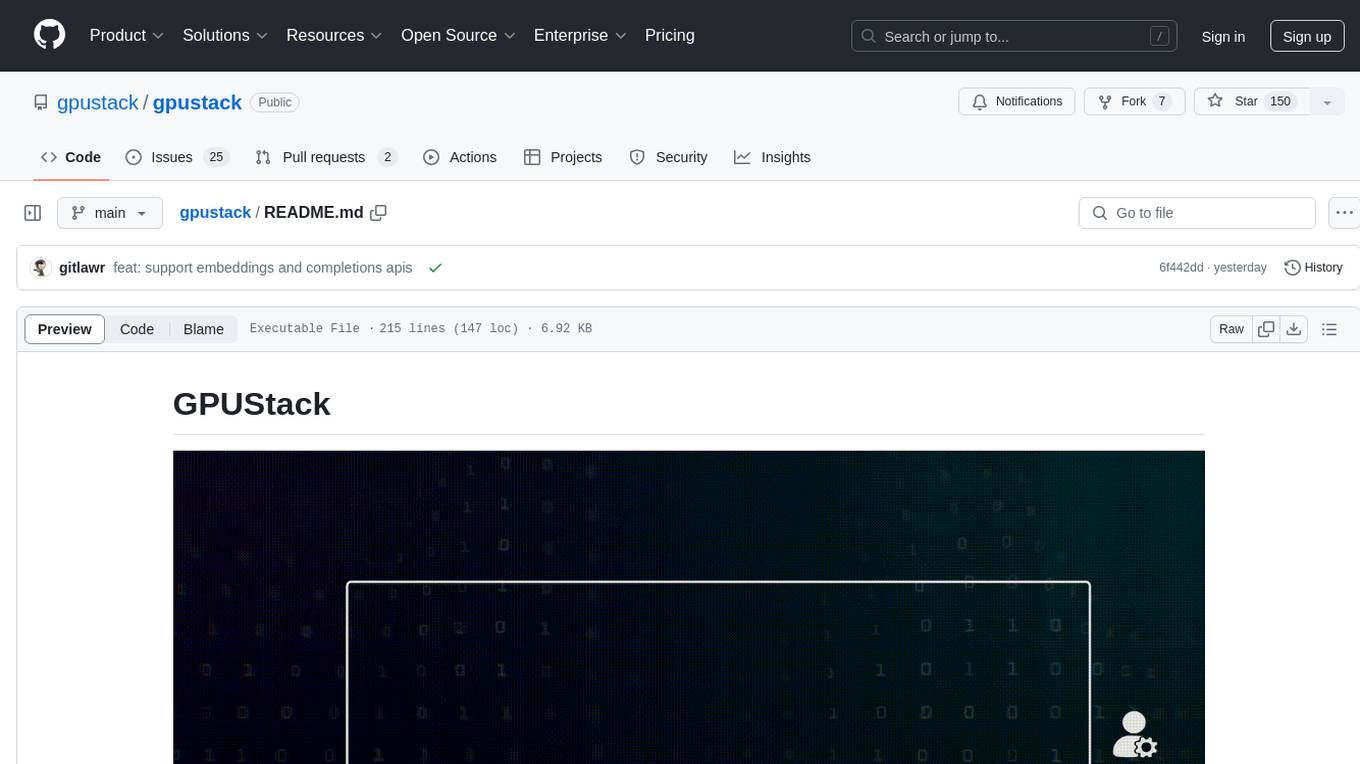
gpustack
GPUStack is an open-source GPU cluster manager designed for running large language models (LLMs). It supports a wide variety of hardware, scales with GPU inventory, offers lightweight Python package with minimal dependencies, provides OpenAI-compatible APIs, simplifies user and API key management, enables GPU metrics monitoring, and facilitates token usage and rate metrics tracking. The tool is suitable for managing GPU clusters efficiently and effectively.
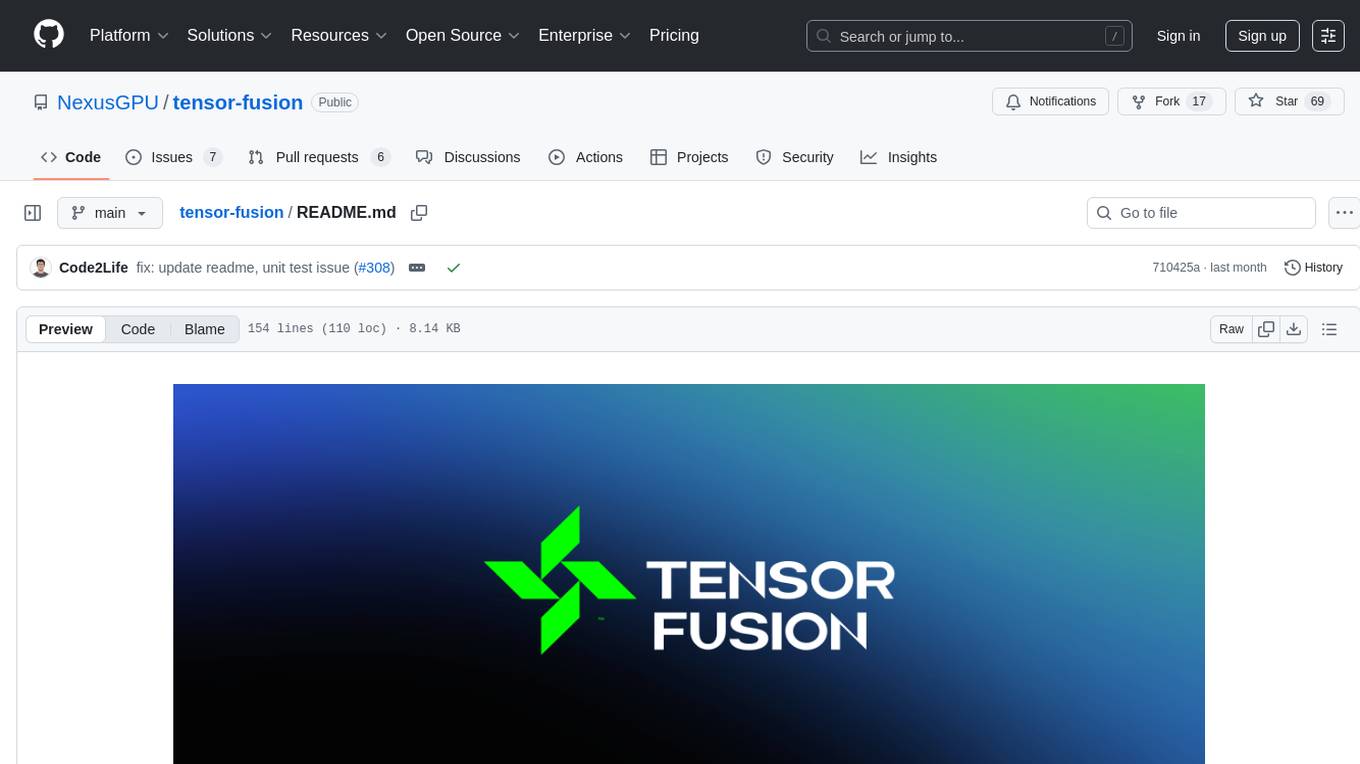
tensor-fusion
Tensor Fusion is a state-of-the-art GPU virtualization and pooling solution designed to optimize GPU cluster utilization. It offers features like fractional virtual GPU, remote GPU sharing, GPU-first scheduling, GPU oversubscription, GPU pooling, monitoring, live migration, and more. The tool aims to enhance GPU utilization efficiency and streamline AI infrastructure management for organizations.
20 - OpenAI Gpts

Quake and Volcano Watch Iceland
Seismic and volcanic monitor with in-depth data and visuals.
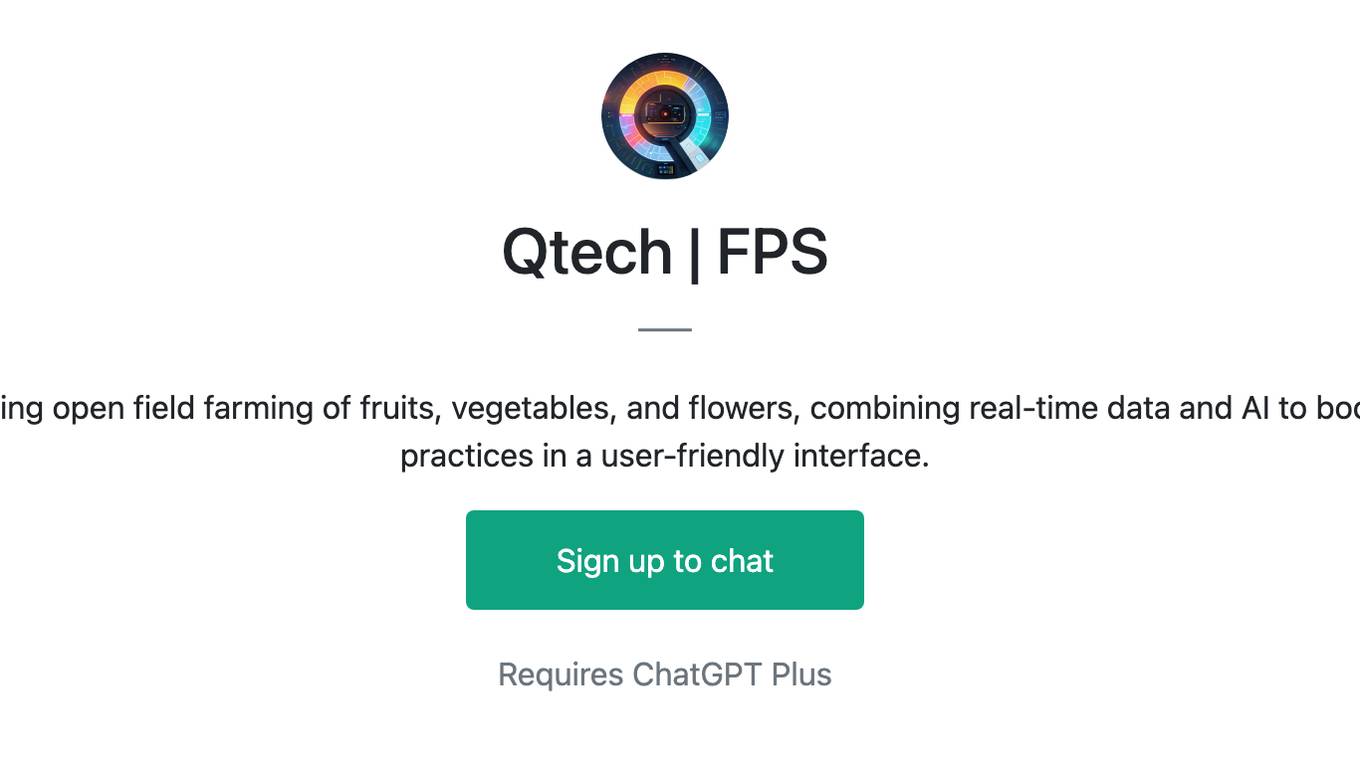
Qtech | FPS
Frost Protection System is an AI bot optimizing open field farming of fruits, vegetables, and flowers, combining real-time data and AI to boost yield, cut costs, and foster sustainable practices in a user-friendly interface.
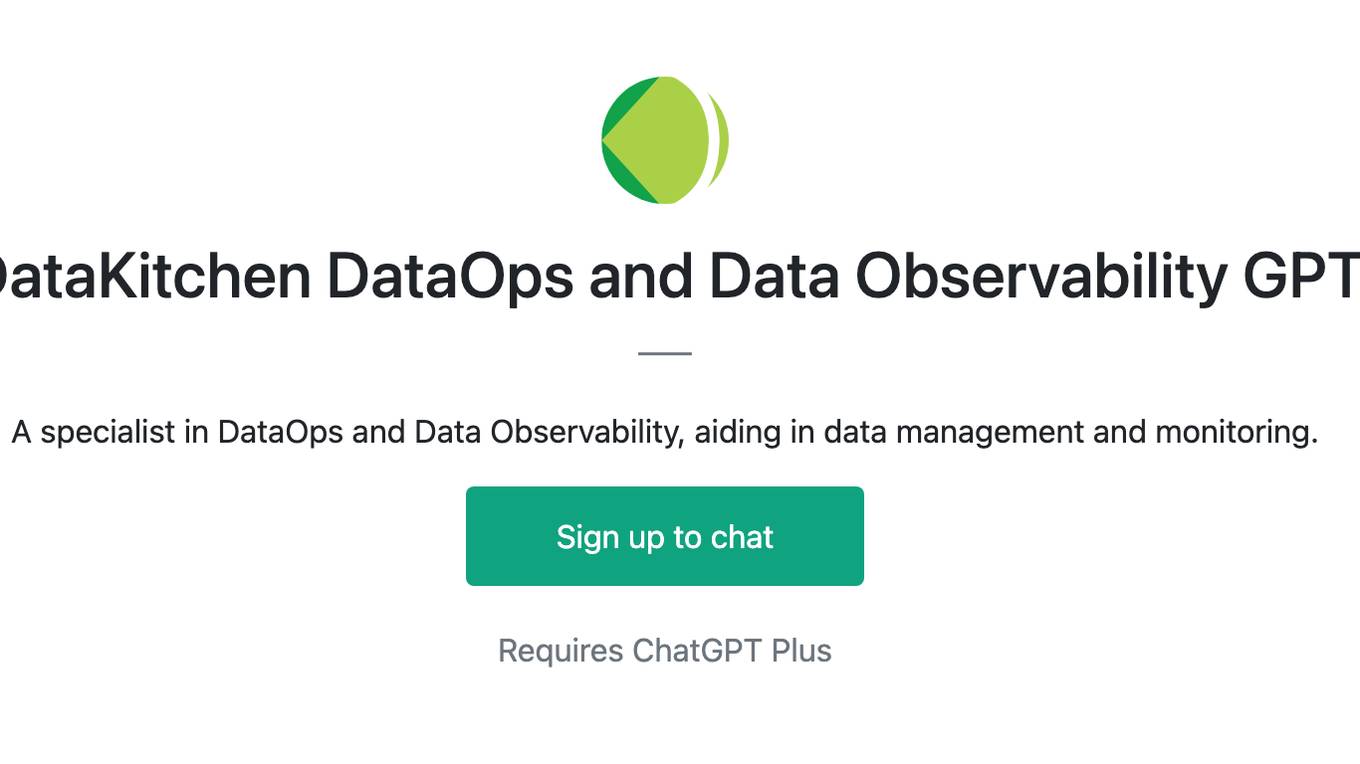
DataKitchen DataOps and Data Observability GPT
A specialist in DataOps and Data Observability, aiding in data management and monitoring.

Financial Cybersecurity Analyst - Lockley Cash v1
stunspot's advisor for all things Financial Cybersec

AML/CFT Expert
Specializes in Anti-Money Laundering/Counter-Financing of Terrorism compliance and analysis.
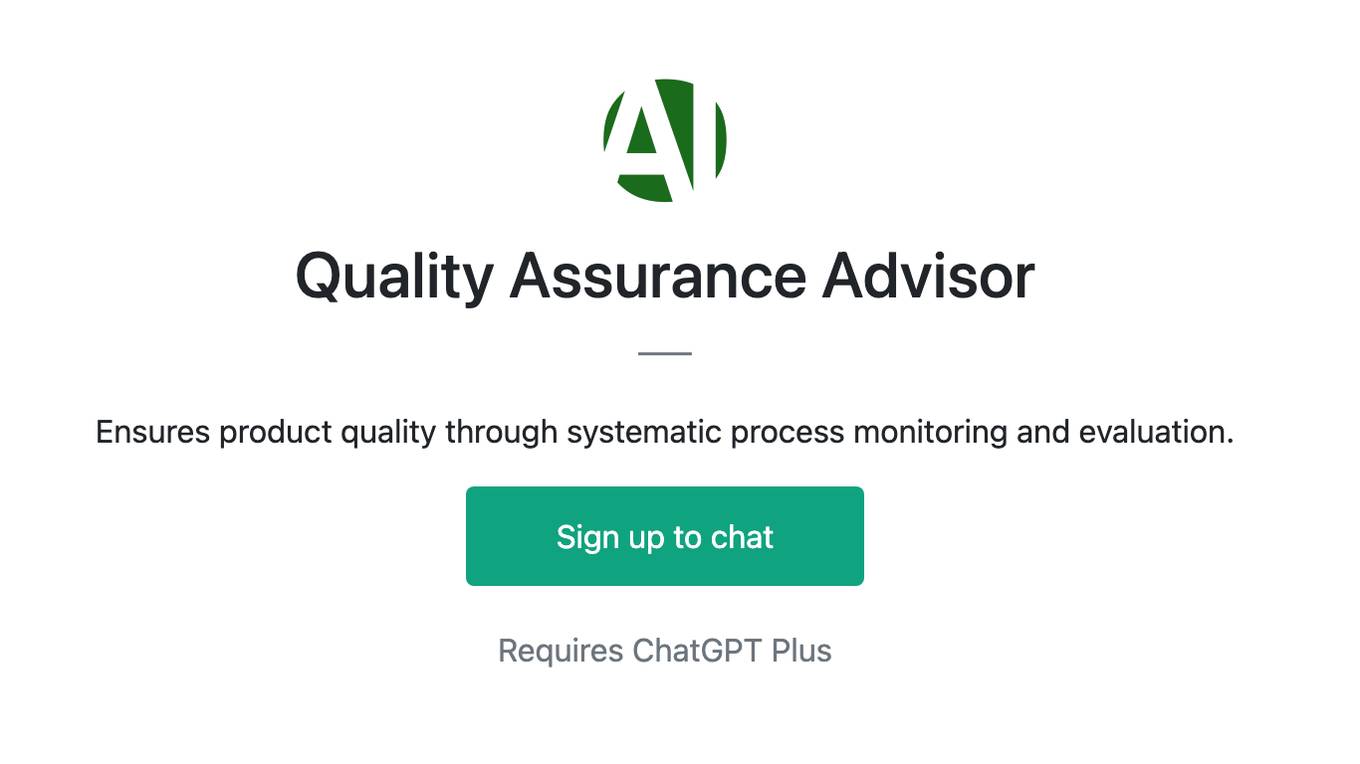
Quality Assurance Advisor
Ensures product quality through systematic process monitoring and evaluation.
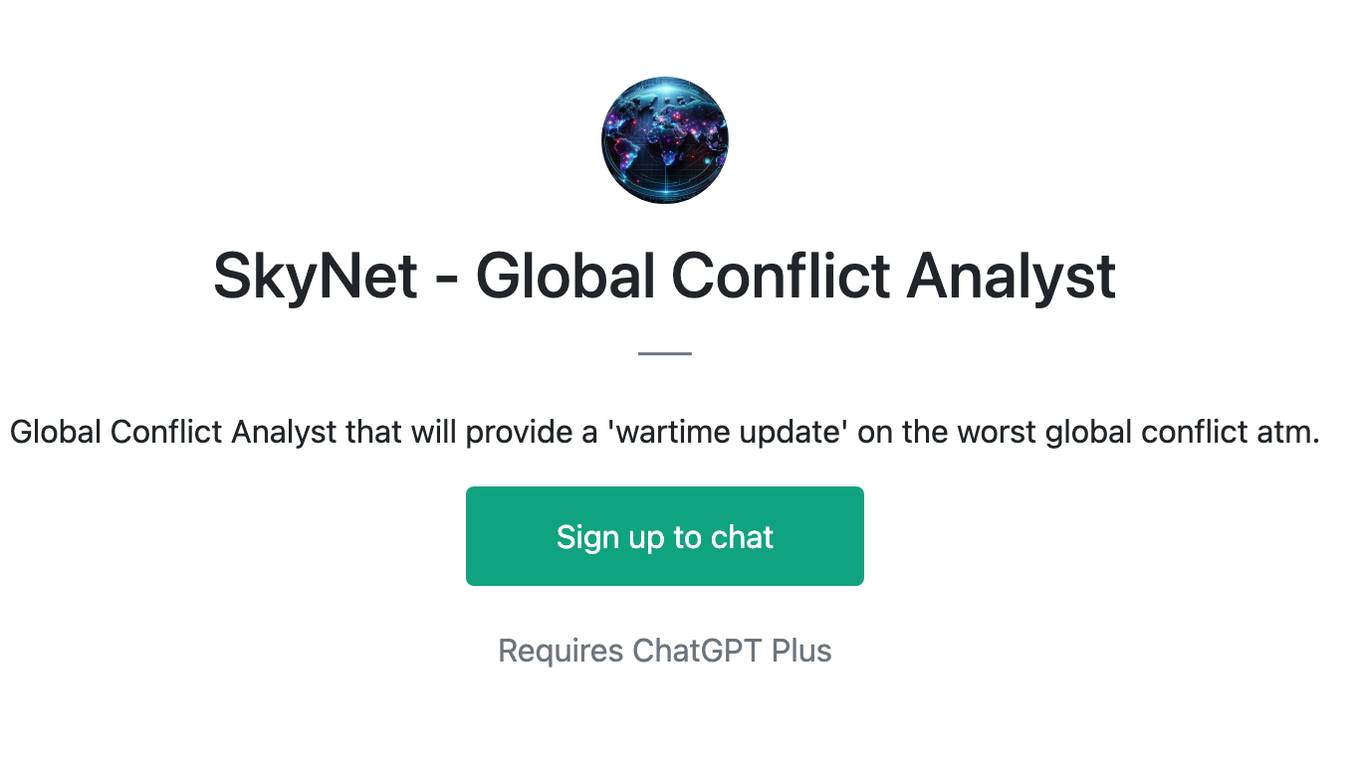
SkyNet - Global Conflict Analyst
Global Conflict Analyst that will provide a 'wartime update' on the worst global conflict atm.
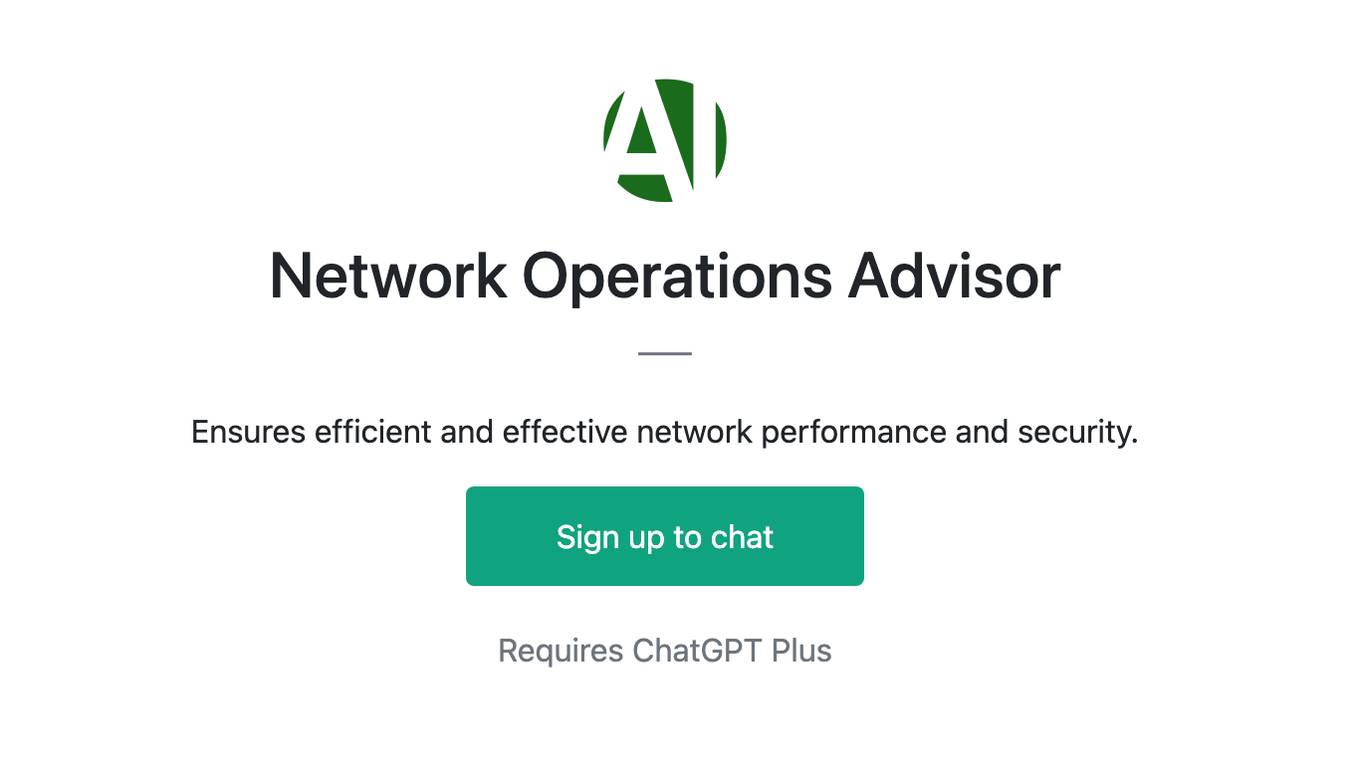
Network Operations Advisor
Ensures efficient and effective network performance and security.
